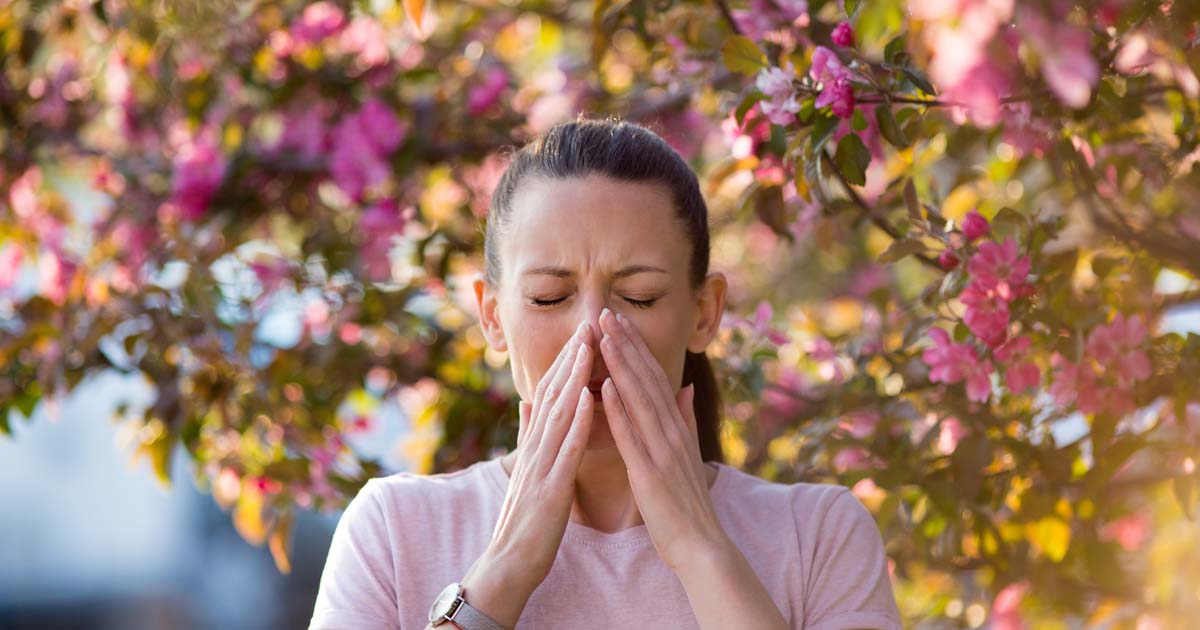The Woolcock Institute of Medical Research

Survey to understand how hayfever impacts young Australians
Respiratory experts suspect young Australians with hayfever are suffering through sneezes and nose irritations unnecessarily as their condition goes poorly managed.
We have launched a survey to find out how people aged 18 to 26 deal with their often challenging and annoying hayfever symptoms, and what treatments they choose to use.
"We're aware that many teens and children struggle to keep their symptoms under control, but we know very little about how people make the transition into adulthood with their condition," says the Woolcock’s Professor Sinthia Bosnic-Anticevich, who leads the study. "We suspect that many people continue with the same, ineffective treatment strategies they used in their school years."
Hayfever, also known as allergic rhinitis, is a common chronic health condition that affects 24 per cent of young Australians. Hallmark symptoms include a runny nose, nasal congestion, sneezing, and itchy, watery eyes. For some people, the condition impacts day-to-day performance, quality of life and general sense of wellbeing, Professor Bosnic-Anticevich says. "Hayfever can make it hard to sleep, hard to concentrate and can even increase the risk of developing asthma," she explains.
Woolcock co-investigator, Dr Biljana Cvetkovski, who specialises in patient perspectives and experiences reports that "It is always intriguing to hear about the different experiences patients have with their hayfever. We regularly hear of people living with the most burdensome of symptoms, getting on with their day without giving their hayfever a second thought. Unfortunately, this is reflected in their approach to managing their condition It is common for patients to make random, suboptimal medication choices without consulting a pharmacist or doctor."
This survey will be the first in Australia to build a picture of hayfever burden among young people. The online survey will seek responses from over 250 people Australia-wide with the condition. The survey will show how different experiences influence hayfever management strategies, and what factors drives a person's selection of hayfever medication.
"This is really important work because it will help us develop better support for young adults and get them managing their hayfever optimally," Professor Bosnic-Anticevich says. "If they are set up well at this early age, they're less likely to fall into the same traps as older sufferers who commonly self-treat without any professional consultation."
The researchers are interested in hearing from all young adults aged between 18 to 26, no matter how mild or severe they think their hayfever is. Take the 10-minute survey now.
Find out more
- News from our respiratory research
- Interested in volunteering for a research study? Register at our volunteer portal and check out our list of current studies.










